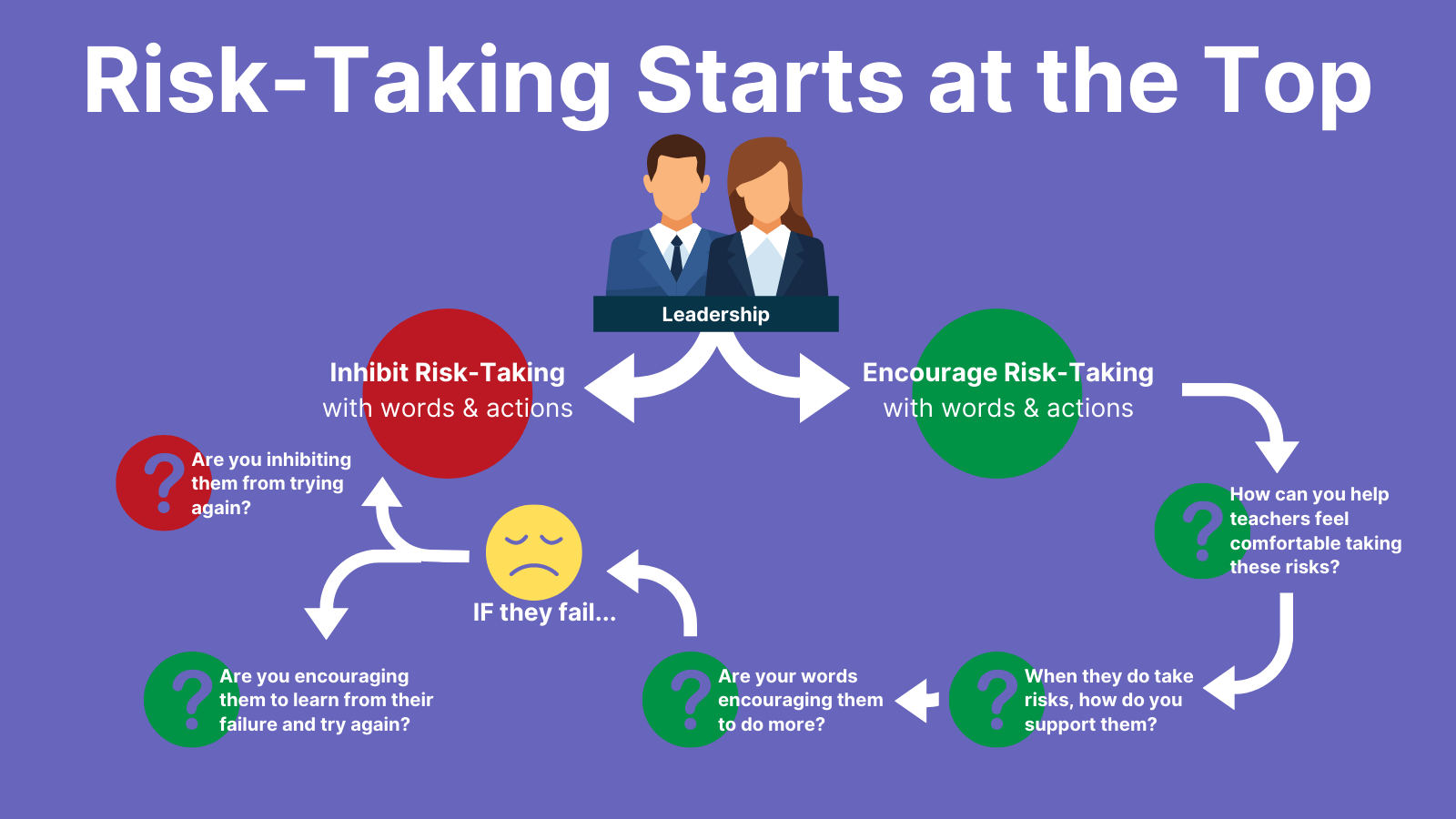The Importance of Risk-Taking and Failure in Success
Introduction
Risk-taking is an essential aspect of achieving both personal and professional success. While risks can lead to failure, they also open doors to new opportunities, helping individuals grow and learn. Successful people often embrace risks, understanding that failure is not the end but a stepping stone toward achieving their goals.
1. Why Risk-Taking Matters
Risk-taking is essential because without risk, there can be no reward. The greatest opportunities in life often require stepping outside of your comfort zone and embracing uncertainty. When done strategically, risk-taking can yield significant rewards.
Key reasons to take risks include:
- Opportunities for growth: Taking risks helps individuals unlock new potential and discover opportunities they wouldn’t encounter otherwise.
- Building confidence: Facing risks head-on strengthens decision-making skills and boosts self-confidence.
- Developing resilience: By learning to handle uncertainty, individuals become more resilient in both personal and professional challenges.
2. Failure: A Natural Outcome of Risk
Failure is an inevitable part of taking risks. Instead of seeing failure as a setback, it's important to view it as a learning opportunity. Failure teaches valuable lessons about what works and what doesn’t, ultimately guiding individuals to better decisions and outcomes in the future.
- Embrace failure: Learn from mistakes and adjust strategies for future success.
- Overcome setbacks: Failure can teach patience, determination, and problem-solving, making individuals stronger over time.
3. Examples of Successful Risk-Takers
Several successful entrepreneurs have built their empires by taking calculated risks:
- Sara Blakely, founder of Spanx, risked her life savings on a product that had never been made before. Today, Spanx is a multimillion-dollar company, proving the value of bold decisions.
- Richard Branson, founder of the Virgin Group, took numerous risks, including starting an airline without prior experience. His willingness to take bold risks has led to a global empire.
These examples highlight how risk-taking can lead to extraordinary success, provided it is approached with preparation and persistence.
4. Risk-Taking in Practice
Consider this scenario: you're an entrepreneur looking to launch a new product. While there’s a risk of failure, conducting thorough market research, analyzing potential rewards, and weighing risks carefully can help you make an informed decision. If the potential reward outweighs the risks, taking the leap may be worth it.
5. Proofs and Evidence
Research supports the idea that successful entrepreneurs aren’t simply risk-takers—they’re strategic risk managers. They understand the balance between risk and reward and know how to navigate uncertainties.
- A Kauffman Foundation study found that entrepreneurs who have experienced failure are more likely to succeed in their next venture. This is because they’ve learned from their past mistakes and refined their decision-making process.
- Studies show that successful entrepreneurs are not risk-averse but are excellent at assessing and managing risks.
6. The Takeaway
Taking calculated risks is essential for personal and professional growth. By embracing failure as a learning opportunity, individuals can build resilience, confidence, and the skills necessary for long-term success. Entrepreneurs who are adept at managing risk are more likely to achieve their goals, turning potential failures into stepping stones for future accomplishments.













